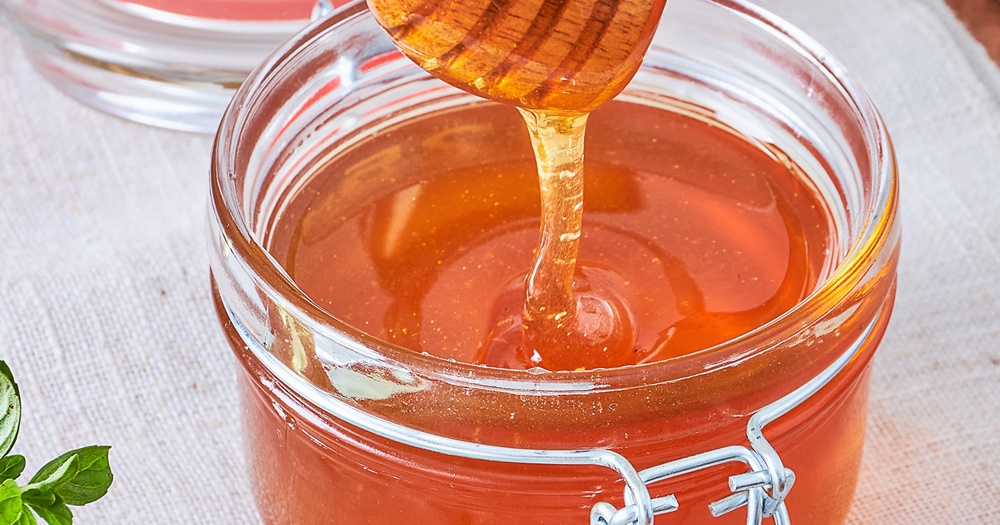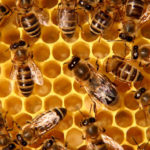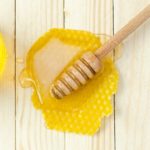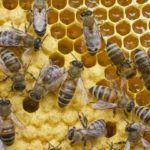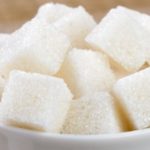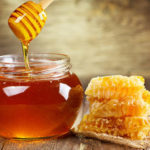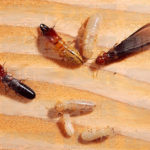Is honey healthier than sugar?
Let’s find out if honey is healthier than sugar. Honey and sugar are used as sweetening agents. The difference lies in their method of production. Honey is a natural product made by bees and is a supersaturated sugar. It is collected from beehives and packaged for human consumption. Sugar on the other hand is man-made. It is derived from sugar cane juice or beetroot. The process of manufacturing sugar destroys vitamins, organic acids, and nitrogen compounds. Honey also has many other beneficial properties which are not seen with sugar.
Honey versus table sugar
Calories: When an equal volume of both sugar and honey is compared, honey contains about 40% more calories. If consumed in small amounts it may not make any difference, but regular consumption of a larger amount of honey will add up more calories to your diet.
Sugar composition: Table sugar is sucrose and it breaks down into glucose and fructose by the digestive enzymes. Honey contains enzymes like invertase and digestive acids which break down sucrose into glucose and fructose. Therefore we get preformed monosaccharides; they do not require further digestion after consumption. These simple sugars are absorbed directly. Honey contains about 40% fructose or fruit sugar. Though the glycemic index of honey is lesser than table sugar, consumption of both is restricted in patients with diabetes as both can cause a rapid rise in blood sugar.
Immunity booster: Honey has antioxidant and antimicrobial properties and therefore boosts our ability to fight infections. These antioxidants include chrysin, pinobanksin, vitamin C, catalase, and pinocembrin. Table sugar has none of these properties.
Vitamins and minerals: Table sugar lacks vitamins and minerals, though a small amount of these is present in honey. This little amount of vitamins and minerals is insufficient to meet our daily requirements.
Health benefits of honey
Honey is not just a sweetening agent but it also contains small amounts of proteins, enzymes, amino acids, minerals, trace elements, vitamins, aromatic compounds, and polyphenols. It has many positive nutritional and health effects if consumed at a rate of 50 to 80 g daily. These health benefits are discussed below.
Fights against infections: Honey has antibacterial effects because it contains certain natural ingredients. It is due to the antioxidant action of hydrogen peroxide, its high acidity, and due to antibacterial activity of bee defensin-1 and methylglyoxal. The pH of honey is between 3 and 4.5, and it prevents the multiplication of bacteria. Honey also chelates any free iron in the wound which is otherwise responsible for a free radical generation. These free radicals cause injury and inflammation. Honey has also been found effective in the presence of biofilm formed by certain bacteria. The osmotic effect also adds to its healing properties.
Wound healing: When applied locally, it prevents infection of cuts and grazes. This occurs because of the slow release of hydrogen peroxide that occurs when honey combines with body fluids in the wound. It is also useful in diabetic foot ulcers. Honey has been shown to improve healing in mild burns. In these patients, it also reduces pain due to its anti-inflammatory properties. It also results in a lower incidence of hypertrophic scar and post-burn contracture in burn wounds.
Sore throat and cough: Honey lozenges are used as a soothing agent in sore throat.
Ant allergic: Honey has ant allergic properties. This is because it prevents the activation of mast cells by immunoglobulins. Mast cell activation and release of chemical manifests with features of allergy and is prevented by honey.
Scientific evidence: A study published in ‘Journal of medicinal food’ revealed that in comparison with sucrose, natural honey lowers plasma glucose, C-reactive protein, homocysteine, and blood lipids in healthy, diabetic, and hyperlipidemic subjects.
Honey and sugar are both sweet but honey has a lot of medicinal properties, which makes it a better choice than table sugar. Though honey is costlier, in the long run, if healthcare costs are also included, it may turn out to be cheaper.
